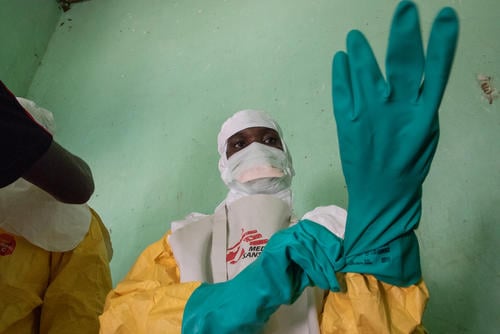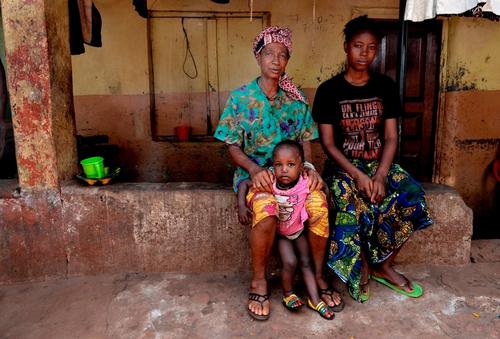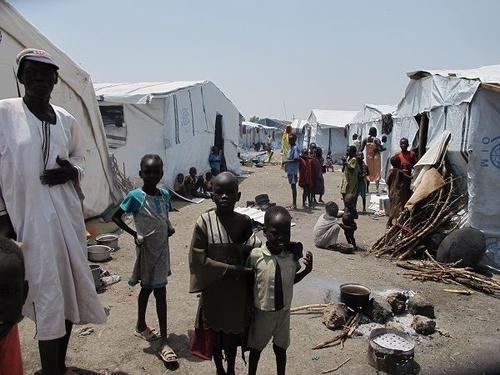The international medical organisation Médecins Sans Frontières (MSF) or Doctors Without Borders has posted an online briefing on Ebola for aid workers involved in the battle against the haemorrhagic fever. This briefing package is now available to anyone wishing to gain a basic understanding of the virus and how it can be contained.
Since the start of the Ebola epidemic in March, more than 700 international MSF staff have travelled to West Africa to fight the spread of the virus, and nearly 3,000 people have been recruited and trained locally. MSF has played a key role in leading the medical and operational response, sharing its expertise and experience, helping prepare strategies to effectively contain the epidemic and encouraging other actors to increase their level of assistance.
“Over the past ten years, all MSF interventions in response to Ebola epidemics have relied on a limited group of people possessing the specific skills needed to work in strict compliance with the protection measures,” explains training coordinator Philippe Ruscassier. “The expertise of all staff, from physicians to hygienists, is crucial to comply with the protocols and thus minimise as far as possible the risks linked with treating this contagious and virulent disease. We wanted to share this knowledge more widely with the other individuals and organisations involved.”
Ever since the beginning of the epidemic, MSF's human resources have been under considerable strain as the wide geographical spread of cases has made it necessary to set up several treatment centres in different locations.
Since August, in addition to the usual briefings, theoretical and practical training courses lasting several days have been held in Brussels to prepare staff before they set off for the field. More than 400 people have been trained in the ten sessions that have already been held. The success of these courses prompted MSF to increase the number of sessions, open them up to other actors and offer similar training in Amsterdam, where some 20 sessions are planned in the coming months. MSF has also joined the training courses provided in Geneva by the International Federation of Red Cross and Red Crescent Societies.
Since the start of the epidemic, locally recruited as well as Ministry of Health staff in contact with Ebola patients have been given several days’ training in the field about the disease, its modes of transmission and the technical protocols that ensure the safety of personnel working with patients.
However, MSF is now offering doctors, nurses, health educators and psychologists from all the organisations involved in the Ebola fight an interactive course on the virus. This means that anyone wishing to take part in the fight against the Ebola epidemic can travel to the field equipped with all the available information. The aim of this e-briefing is to provide clear information about the virus, the ways in which it is transmitted and the complexities of its management. All those interested can access the e-briefing in English.
“The best way of avoiding Ebola spreading beyond West Africa is to tackle it at the source,” explains Dr Joanne Liu, International President of MSF. "We know that the main issue on the ground is having sufficient staff trained to work in a highly contagious environment. To treat more patients, it is imperative we train more people both locally and internationally.”
MSF is managing six Ebola treatment centres in three countries – Guinea, Liberia and Sierra Leone – with a total capacity of approximately 600 beds in the isolation units. Since the start of the epidemic, more than 5,600 patients have been admitted to these centres, with 3,500 confirmed cases of Ebola. Some 1,400 patients have survived. More than 1,107 tons of treatment supplies have been shipped since the start of the intervention in March.






